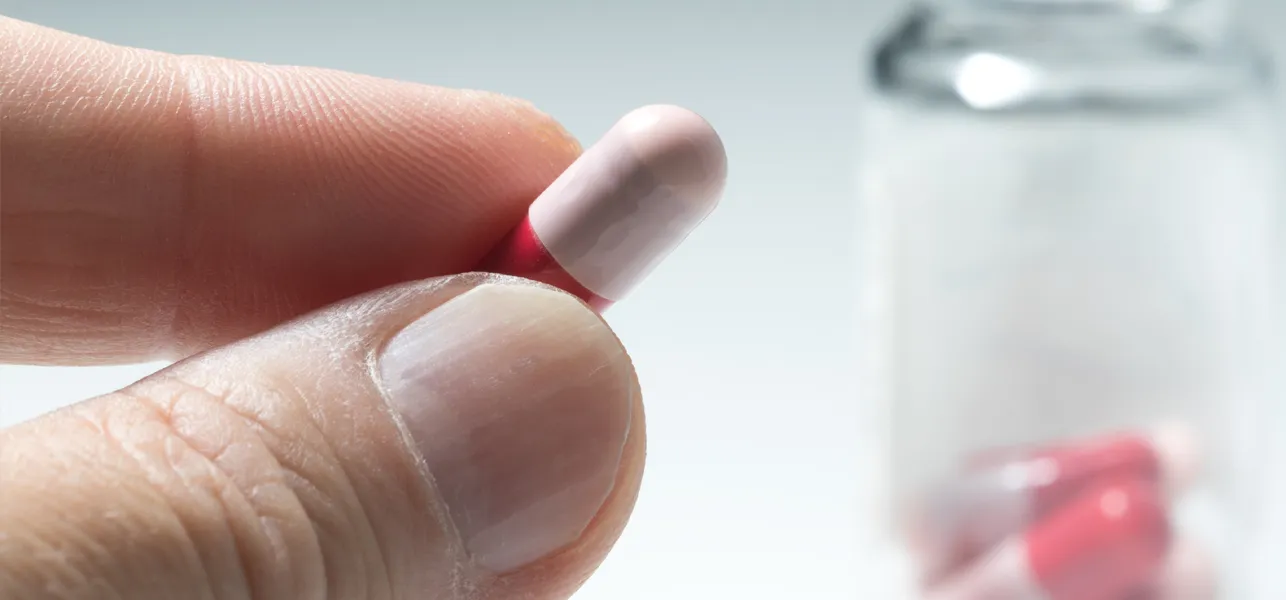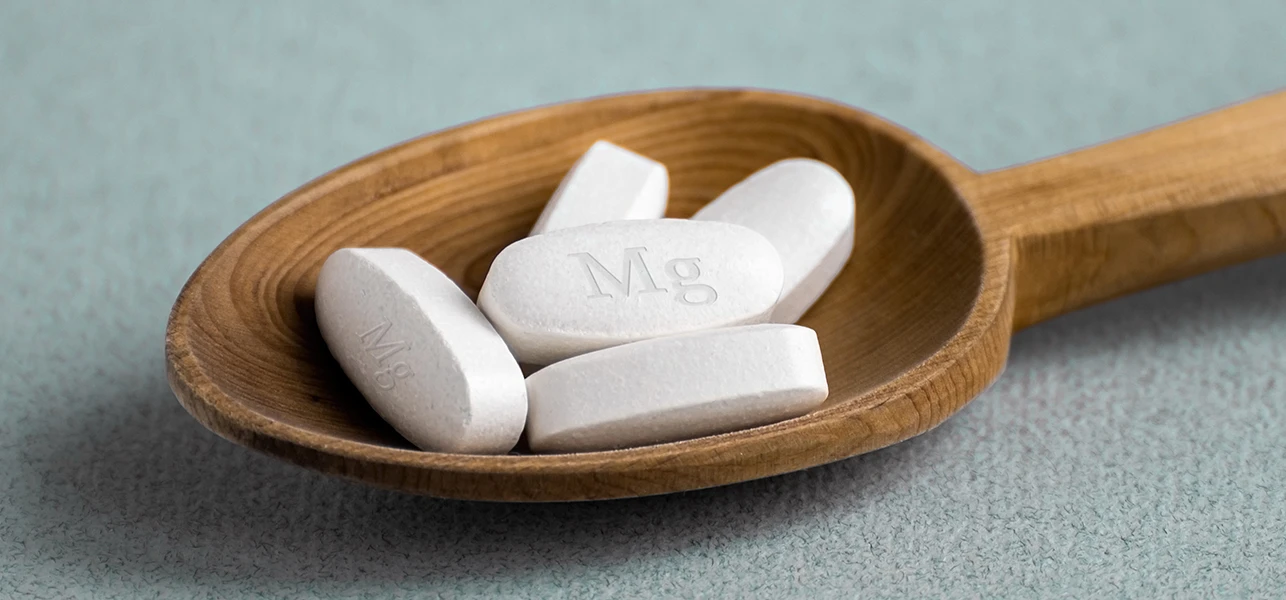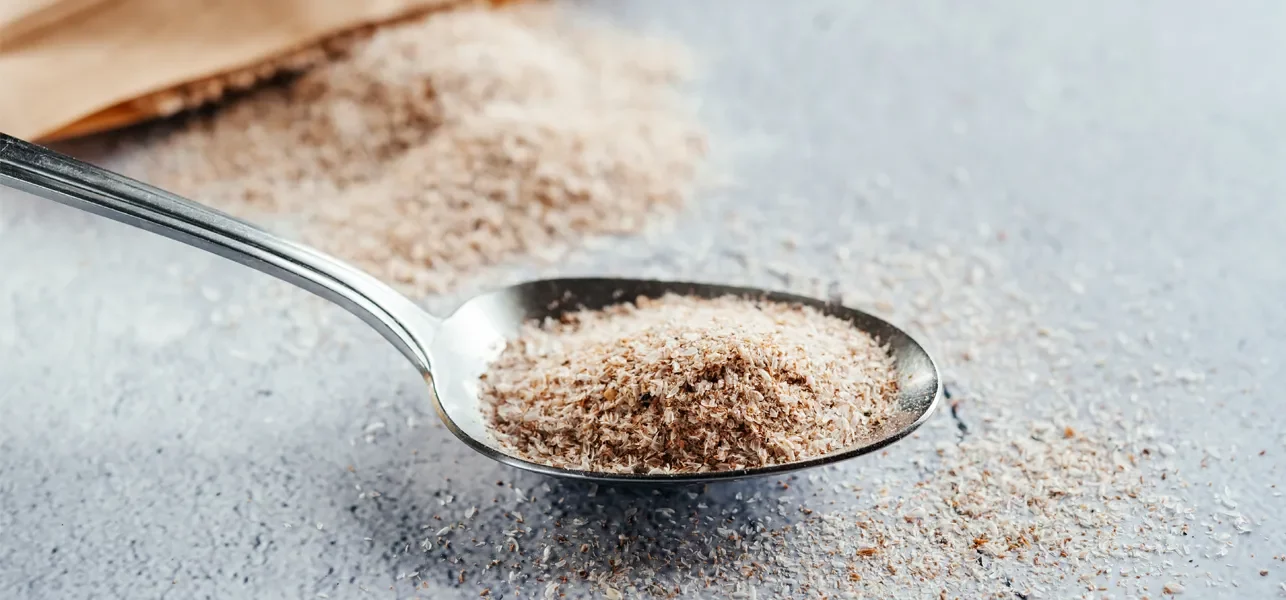Can You Take Too Many Probiotics? Symptoms, Signs, and What to Do

Probiotic supplements are extremely beneficial for those with gut health problems. They can support better immune function, ease digestive symptoms, treat bacterial infections like BV, and even support better mental health. They work by introducing beneficial bacteria into our gut microbiome to help rebalance it and fight off any bad bacteria. If you regularly take one of these supplements, you may wonder if taking too many probiotics at once is possible.
In this article, we’re going to take a look at whether you can take too many probiotic supplements, what happens if you do, and what the signs are that you have. Take a look now to find out more.
Can You Take Too Many Probiotics?
While you can take too many probiotics, an “overdose” of this kind of supplement is unlikely to cause any particularly harmful consequences. In fact, it is relatively difficult to take too many probiotics, as it is all beneficial bacteria. Sometimes, though, taking too many probiotic supplements at once can lead to some minor side effects.
Some probiotic strains may cause worse side effects than others, like the Saccharomyces boulardii strain, which can cause constipation if taken in too high a dose. However, even this constipation is likely to dissipate quickly and can be resolved by simply lowering your dose.
While taking too much of your probiotic supplement is unlikely to cause a huge amount of harm, it is always important to stick to the dosage guidelines from the manufacturer.
Taking probiotics can be great for your digestive tract, but if you don’t think the probiotic dosage you are taking is working for you, speak with a nutritionist about changing the type or dose of probiotic supplements before increasing the dose yourself.
How Many Probiotics Is Too Much?
Dosage guidelines state that nobody needs more than 20 billion colony-forming units (CFUs) per day. However, your body is home to tens of trillions of good bacteria that live in a delicately balanced ecosystem known as the gut microbiome, so taking too many probiotics is not something you need to worry about.

Advertisement
In addition to probiotics supplements, these live bacteria are found in probiotic foods, like sauerkraut, kimchi, kombucha, kefir, and sourdough. While taking probiotics, you are not told to stay away from probiotic-rich foods, suggesting that taking too many probiotics is not something that the manufacturers are worried about.
Taking these supplements is considered safe for most people. Anyone with a weakened immune system or other medical condition should speak with their doctor first before introducing new supplements to their diet.
Can Probiotics Cause Diarrhea?
When you first begin taking a probiotic supplement, you may notice some side effects, including diarrhea. The introduction of the good bacteria into your body can take a few days to get used to, which may lead to digestive symptoms like bowel irregularity, gas, bloating, and loose stools.
These side effects generally only last a few days and should dissipate after your body adjusts. If they do not, you should speak to a doctor. Sometimes, adverse effects of a probiotic supplement can be indicative of an underlying condition, like small intestinal bacterial overgrowth (SIBO). It could also suggest you are taking too many probiotics.
5 Signs of Taking Too Many Probiotics
While there are many health benefits of taking probiotics and eating fermented foods, there are some signs that you’re getting too many in your diet. We have examined these below.
#1 Bloating
Bloating is caused by gas production in the digestive system. When the gut bacteria digest foods, they release gas, which is a normal part of the digestive process. Bloating is a commonly reported side effect in the initial stages of probiotic use, but if it continues beyond the first few weeks, it could mean you are taking too many.
#2 Excessive gas
It has been suggested that the average man passes gas between 14 and 25 times per day. If you have noticed excessive flatulence, this could suggest you have excess bacteria in your gut microbiota from taking too many probiotics.
Be aware that excess gas and bloating can both also indicate other underlying problems and may not be down to your supplements.
#3 Nausea and shortness of breath
While some may experience nausea when first taking these supplements, if this side effect is coupled with shortness of breath, it could mean that you are taking too many histamine-producing probiotics. Histamines play a role in allergic reactions in the body, and their release can result in symptoms similar to that of an allergic reaction, like shortness of breath.
You can generally avoid this side effect by making sure that the probiotics you are taking are not histamine-producing.
#4 Abdominal pain
Digestive discomfort and stomach aches are common side effects of the bloating that occurs when you begin taking probiotics and could suggest you’re actually taking too many. These aches and pains come from excess gas production, bloating, and cramps. These side effects tend to dissipate quickly, but if they continue, it could be a sign that your dose is too high for your body.

If the abdominal pain caused by bloating becomes debilitating, then it is important you seek medical attention, as it may indicate something else is actually causing the pain.
#5 Headaches
Biogenic amines are produced by foods that go through a process of fermentation, including cheese and wine. These compounds are usually taken care of by the intestines, but if there are too many for your gut to deal with, they can cause headaches in some people.
It is important to note that this side effect is much more likely when eating fermented foods, and it is improbable that a probiotic supplement would release amines.
FAQs
It is suggested that healthy adults take between 10 and 20 billion CFUs per day. Children should take between 5 and 10 CFUs. For the best results, you could speak with your doctor to work out the best dosage for your body.
Generally, 100 billion CFUs is the highest possible daily dose that anyone would need. Most supplements give you fewer than 100 billion probiotics per dose. Remember that you can get probiotics from food as well as supplementation.
The daily dose of probiotics will differ depending on the brand and manufacturer you are using. While some probiotics come in capsule form, others are in liquid form, meaning your daily dosage will be very different.
A Word From a Nutritionist
Probiotics are an excellent way to fight off harmful bacteria, rebalance the gut microbiome, support better immune function, and promote digestive health.
Daily dosages can differ depending on a person’s individual circumstances. Generally, healthy adults should aim to take a supplement containing between 10 and 20 billion CFUs to reap all the health benefits of probiotic supplementation.
It is considered difficult to take too many probiotics, and even if you were to, you are very unlikely to experience any severe side effects. If you have taken too many, you may notice excess gas and bloating, some abdominal pain, and headaches.
Conclusion
It is considered quite difficult to take too much of your probiotic supplement since the body contains multiple trillion bacteria, anyway. Side effects are relatively mild and can be resolved by dropping your dosage. Probiotic supplements are considered safe for most people to take. Anyone with a health condition should speak with their doctor before adding a new supplement to their diet.







Comments (0)